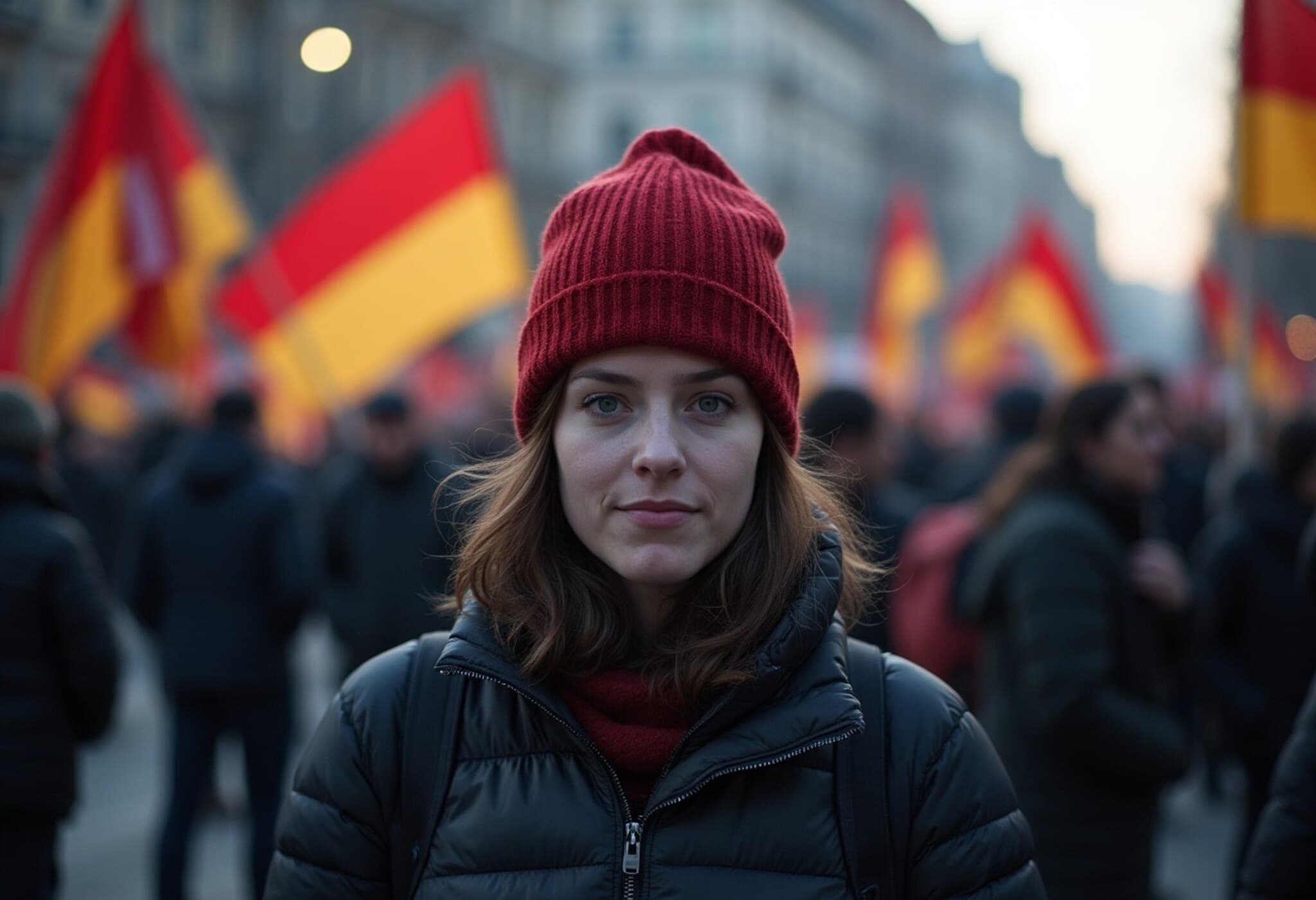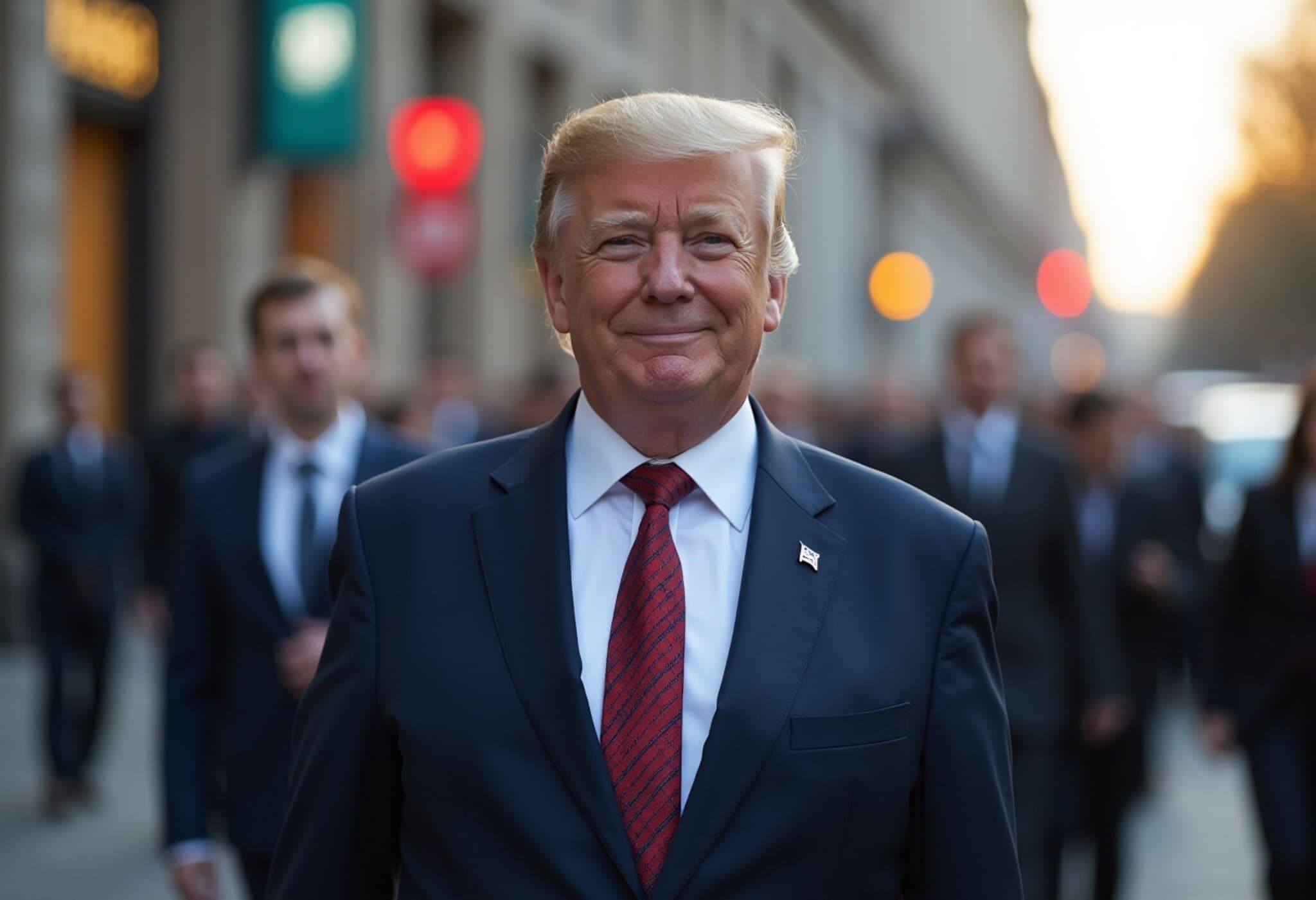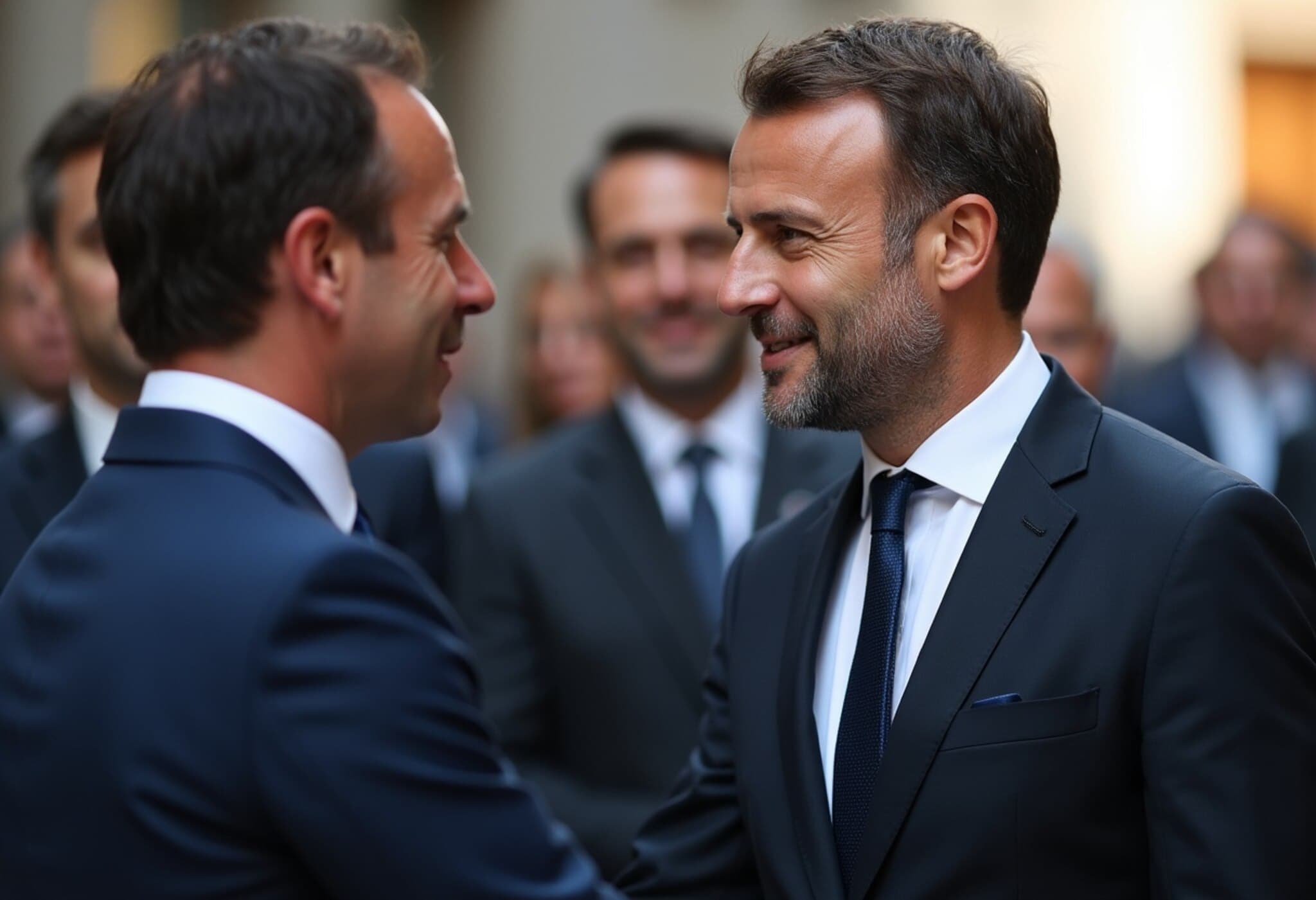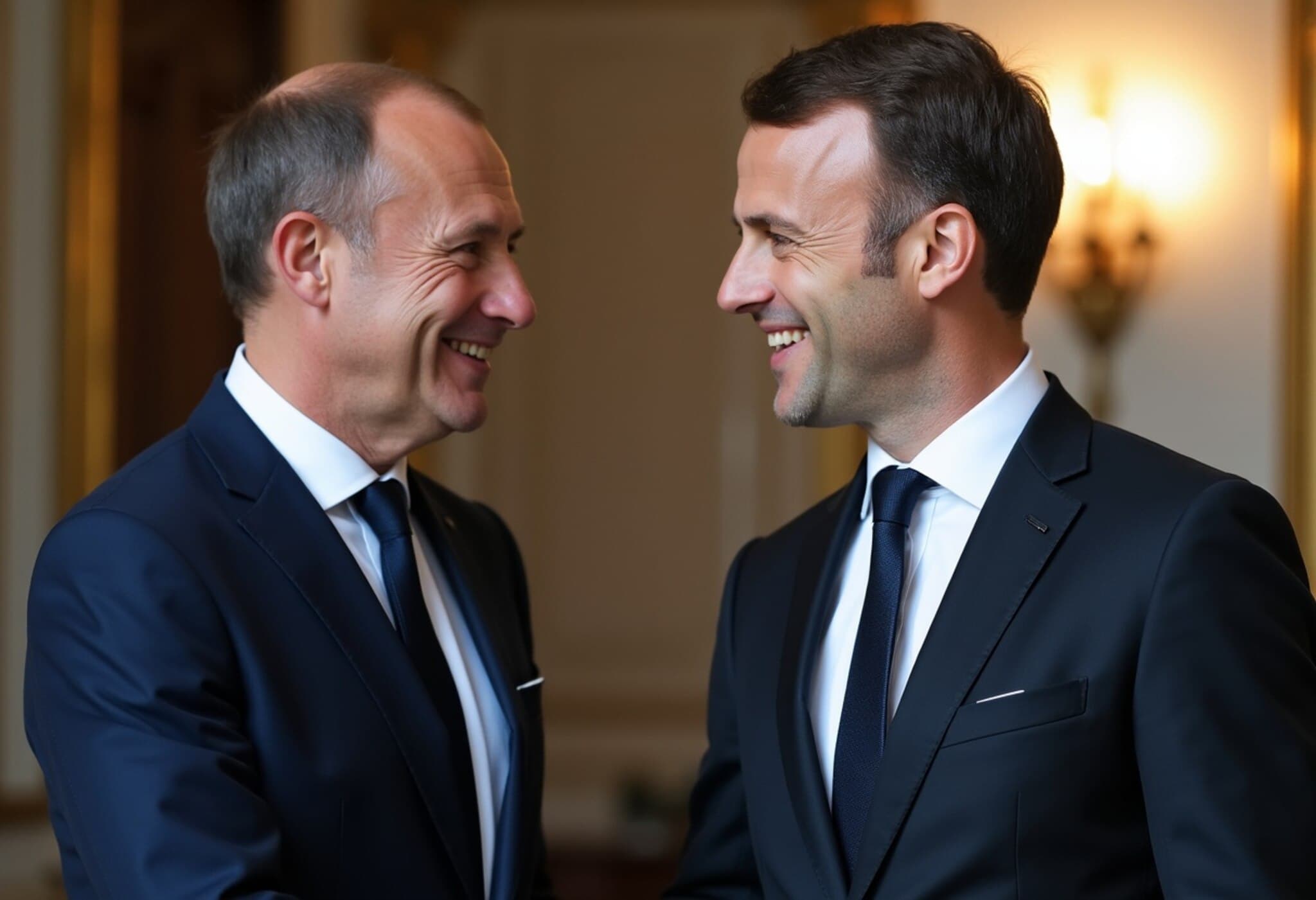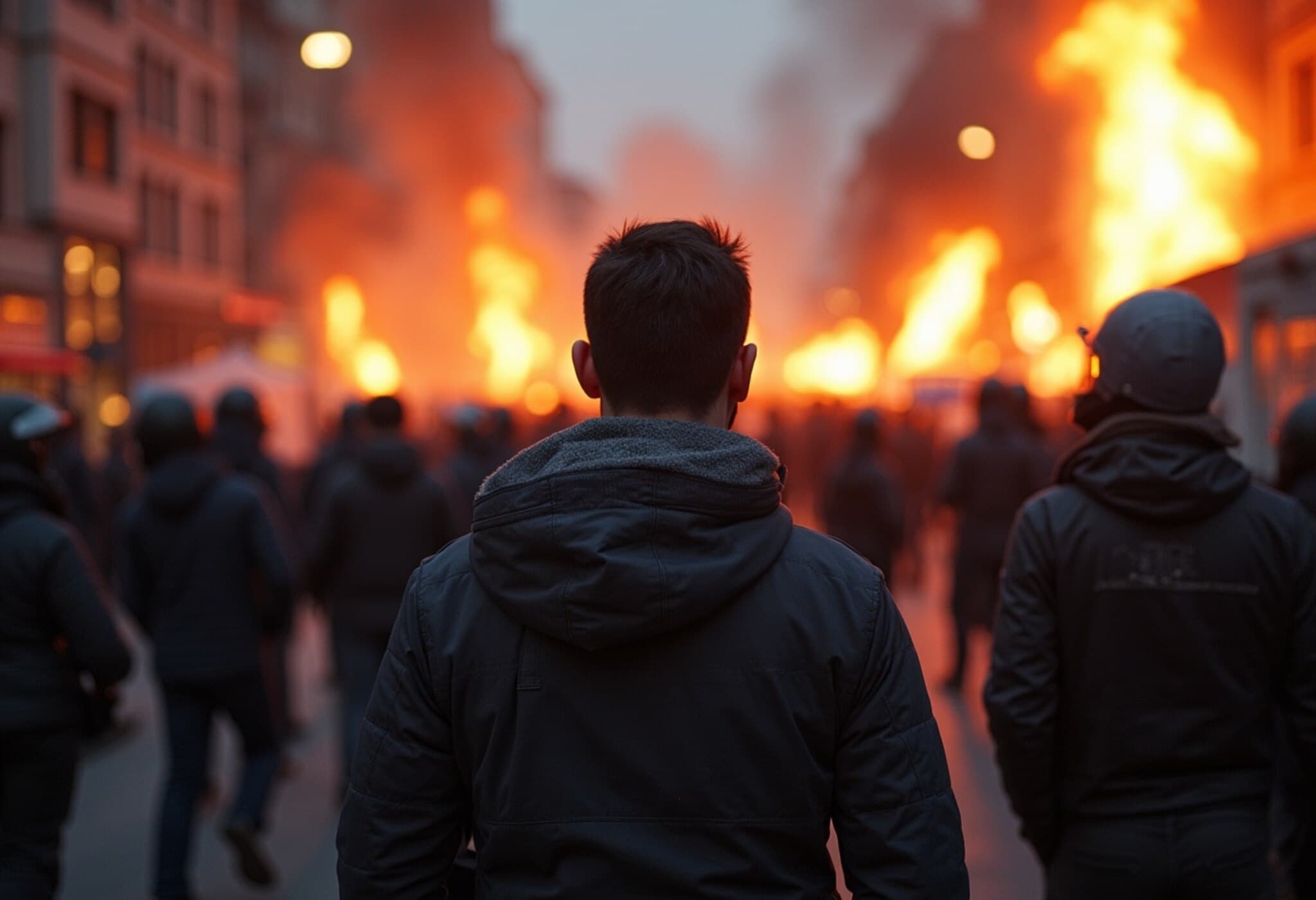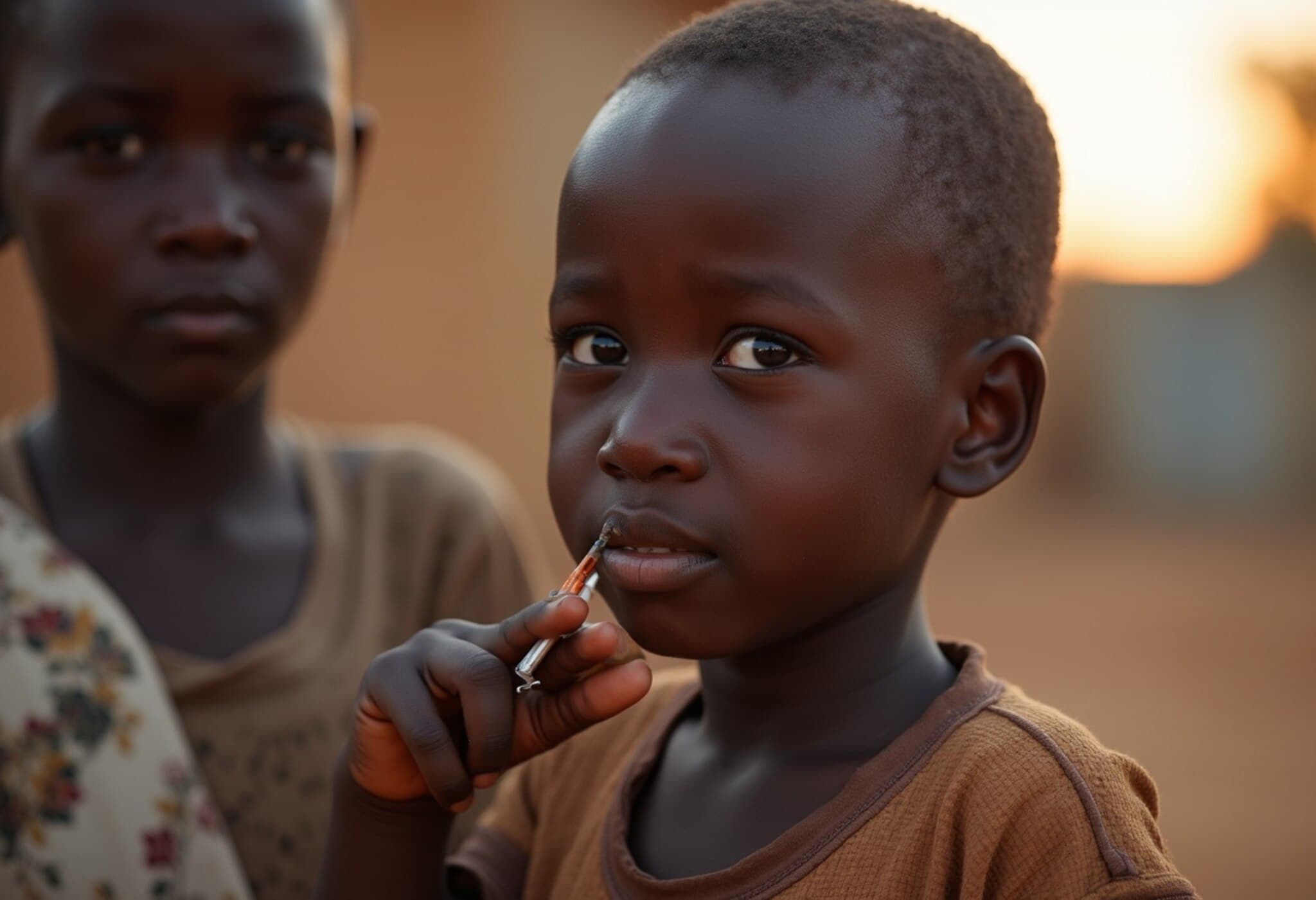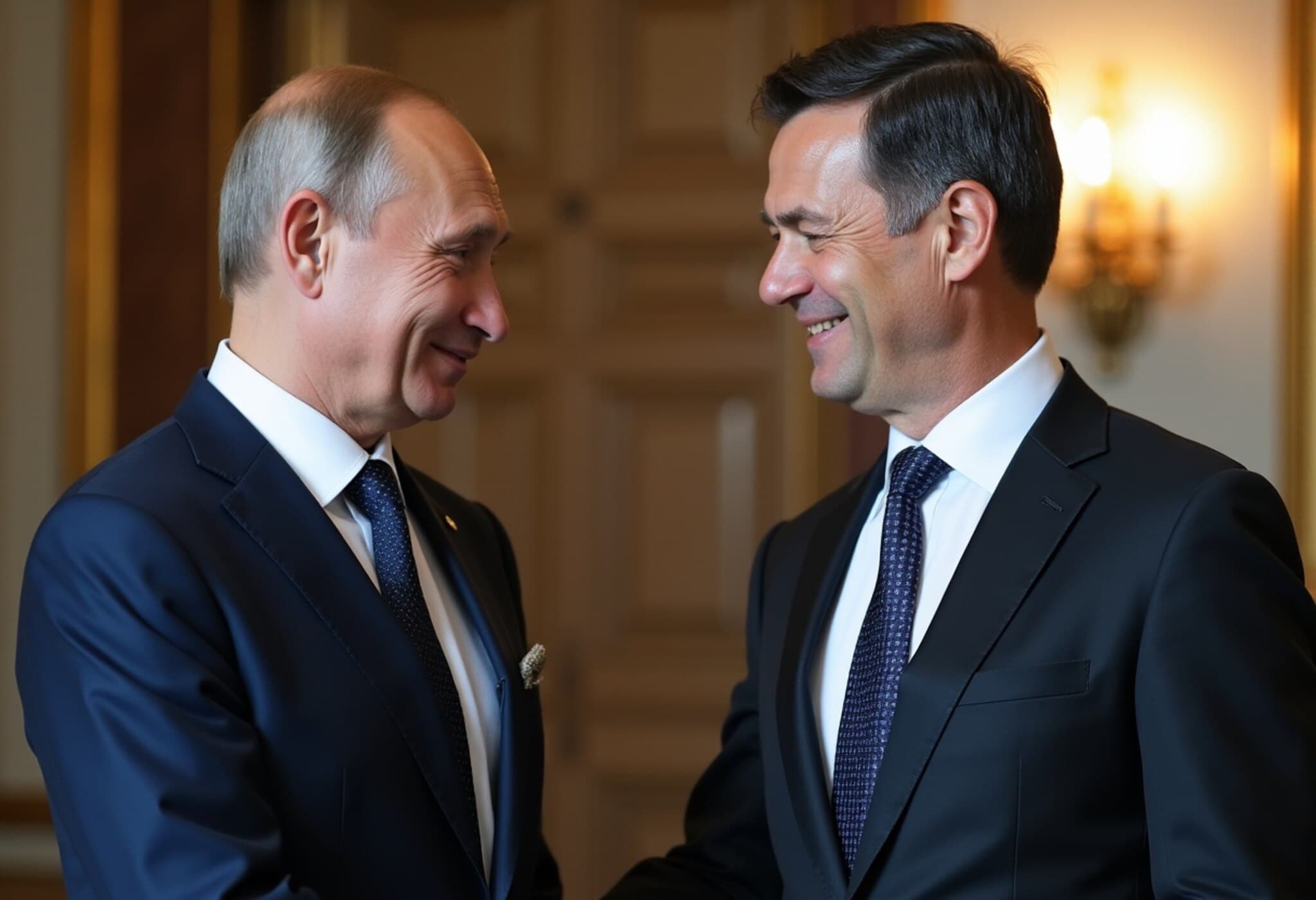Serbia Faces Intensifying Turmoil as Protests Turn Violent
Since November 2024, Serbia has been gripped by almost daily anti-government protests ignited by the tragic collapse of a railway station roof that claimed 16 lives. What began as a mournful outcry over safety failures has rapidly evolved into a powerful movement exposing entrenched corruption and demanding political accountability. However, over recent weeks, peaceful demonstrations have deteriorated into clashes marked by disturbing allegations of police brutality and intimidation.
Allegations of Police Abuse Ignite Public Outrage
The situation escalated sharply after activists, including student protester Nikolina Sindjelic, came forward with harrowing accounts of physical assault and verbal threats while in police detention. Sindjelic described being forcibly taken to a government garage in central Belgrade by a special police unit where she and others suffered beatings and degrading threats. Such allegations, if verified, would underscore a worrying disregard for human rights in the Serbian authorities’ response to dissent.
Key points include:
- Over 100 protesters detained amidst weeks of demonstrations.
- Reports of protesters being beaten and threatened with sexual violence in custody.
- The Ministry of Internal Affairs denies any abuse, asserting arrests were lawfully conducted without mistreatment.
- Nikolina Sindjelic has announced her intent to pursue legal action over alleged police misconduct.
A Nation Divided: Violence and Political Polarization
While citizens rally in support of human rights and transparency, the government's narrative remains one of preserving order against what it terms a "foreign-funded colour revolution." President Aleksandar Vucic, who has been in power for over a decade, portrays protesters as terrorists aiming to destabilize the country, dismissing demands for early elections and warning of a "strong response." This rhetoric reflects broader geopolitical tensions, with Serbia navigating a delicate balance between longstanding alliances, such as with Russia, and aspirations to join the European Union.
Community Voices: The Human Toll and Societal Concerns
Public demonstrations have revealed deep societal fractures and fears. Many citizens express anxiety over the cycle of violence, with voices like Andrej Sevo warning of an escalating spiral that could spiral out of control if authorities continue aggressive tactics. Women demonstrators, in particular, highlight vulnerabilities, condemning abuses that betray the very trust placed in law enforcement to protect citizens' safety.
Statements from protesters illustrate:
- Calls for restraint and deescalation to prevent further injuries and societal division.
- Concerns regarding the safety and rights of women within protest environments.
- Demand for accountability and transparent investigations into police conduct.
International Engagement and Calls for Accountability
The European Union has urged Serbian authorities to uphold fundamental rights, including peaceful assembly and freedom of expression. EU Ambassador Andreas von Beckerath highlighted the importance of investigating alleged excessive force and threats, especially towards journalists covering the unrest. These international pressures come amid a volatile domestic scene where government legitimacy is being fiercely contested.
What Lies Ahead for Serbia?
As Serbia grapples with this multi-layered crisis, critical questions remain:
- Will the government implement genuine reforms addressing corruption and public safety?
- Can law enforcement rebuild trust with citizens while respecting human rights?
- How will Serbia’s political landscape evolve amidst pressures from Russia, the EU, and internal dissent?
The unfolding unrest highlights the fragile nature of democratic processes in transitional societies and the urgent need for constructive dialogue.
Editor’s Note
Serbia’s escalating protests and accompanying reports of police brutality spotlight a nation at a pivotal crossroads. The tension between a government mired in accusations of corruption and a public demanding transparency is intensifying. Observers should consider not only the immediate events but also the broader implications for democratic governance, human rights, and regional stability in the Balkans. The coming months will be critical in determining whether Serbia can reconcile these challenges peacefully or descend into further turmoil.

